Hong Do village, Thieu Hoa town (Thieu Hoa) is famous for its silkworm breeding and silk weaving. After hundreds of years of existence and prosperity, the village is now facing the risk of being lost, causing many people to feel sad and regretful.
 The silk reeling and weaving profession in Hong Do, once bustling, is now at risk of disappearing. Photo: Le Cong Binh (Contributor)
The silk reeling and weaving profession in Hong Do, once bustling, is now at risk of disappearing. Photo: Le Cong Binh (Contributor)
Once, on both banks of the Chu River (through Thieu Hoa District), there were hundreds of green mulberry fields along with the Hong Do silk weaving village, Thieu Do Commune (now merged into Thieu Hoa Town) bustling with the sound of silk weaving shuttles. But in recent years, the price of silk products has dropped so rapidly that many families have had to give up their jobs. Mr. Hoang Viet Duc, Ward 10, Thieu Hoa Town, used to be the Director of Thanh Duc Trading Service Company Limited, operating in the fields of mulberry planting, silkworm breeding, silk reeling, silk weaving, and product purchasing for local people. Mr. Duc recalled that about ten years ago, his business was one of the largest silk reeling and weaving facilities in the region, creating stable jobs for more than 50 workers. However, in recent years, the price of silk on the market suddenly dropped sharply, the consumer market was no longer available, so many facilities temporarily stopped production.
Mr. Duc said: “Being born and attached to the profession for more than half of my life, going through many ups and downs with the profession “from father to son”, I have come to fully understand the hardships as well as the passion to preserve the profession of the people of Hong Do. Currently, the silk reeling and weaving profession of Hong Do cannot stand firm due to the difficulty in competing with modern synthetic fiber and industrial sewing products. Therefore, most people have given up the profession, especially the younger generation. But for me, although the company has temporarily stopped production, with my love for the profession, I still preserve the profession by reducing the scale of production to the “family level”. Because this is the culture, the pride of my family as well as dozens of households in the craft village. I hope the craft village will be re-planned, built into a craft village tourist area, attracting tourists to visit and experience the profession.”
 Mr. Hoang Viet Duc's family in sub-zone 10, Thieu Hoa town (Thieu Hoa) takes care of mulberry seedlings.
Mr. Hoang Viet Duc's family in sub-zone 10, Thieu Hoa town (Thieu Hoa) takes care of mulberry seedlings.
It is known that in the past, at its peak, Hong Do weaving village brought stable income, creating jobs for thousands of local workers. At its peak, the village had more than 300 weaving looms with nearly 500 skilled weavers, exporting products to Laos and China. In recent years, the mulberry growing and silkworm raising profession in Hong Do has gradually declined. There were years when people raised a lot of silkworms, the cocoons were good but the price was cheap, even no one bought them... so most people were no longer interested in the mulberry growing and silkworm raising profession, the village was facing the risk of extinction. Up to now, Hong Do weaving village has only 4 households participating in the profession but their activities are limited because the products have no output. The mulberry growing and silkworm raising profession in Hong Do is also "aging" in terms of labor; the designs and means of production have not met the needs of the market. The wish of the villagers is to continue to receive attention from all levels and sectors, have special mechanisms to support the construction of specialized mulberry growing areas, support businesses participating in the profession in terms of land, preferential loans to build factories; at the same time, continue to transfer techniques to help people improve the quality of mulberry varieties.
As society develops, the trend of returning to using natural products will increase. Although it cannot compete with industrial textiles, silk products will target customers who pay attention to quality. Thieu Hoa town also encourages households to continue developing in the direction of production linkage to avoid disadvantages in product output. Mulberry cultivation and sericulture can develop to become a typical local production profession. Hopefully, the mulberry cultivation and sericulture of Hong Do silk weaving village will soon recover, enter concentrated production to meet market demands, create stable income for people as well as preserve the traditional culture of the locality.
Article and photos: Khanh Phuong
Source


![[Photo] Looking back at the impressive moments of the Vietnamese rescue team in Myanmar](https://vstatic.vietnam.vn/vietnam/resource/IMAGE/2025/4/11/5623ca902a934e19b604c718265249d0)


![[Photo] "Beauties" participate in the parade rehearsal at Bien Hoa airport](https://vstatic.vietnam.vn/vietnam/resource/IMAGE/2025/4/11/155502af3384431e918de0e2e585d13a)







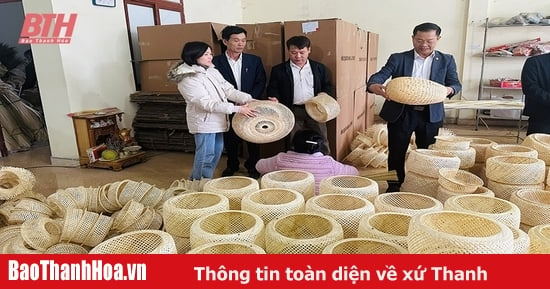
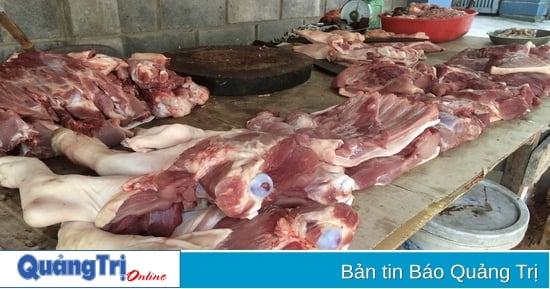
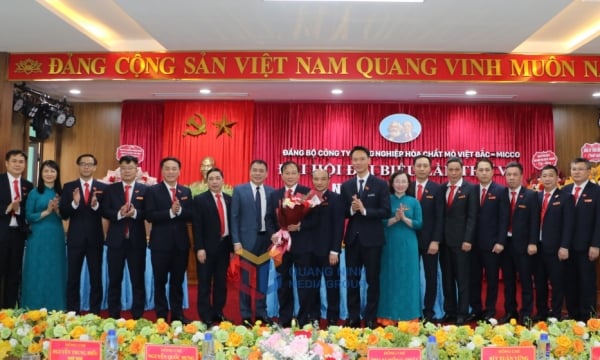


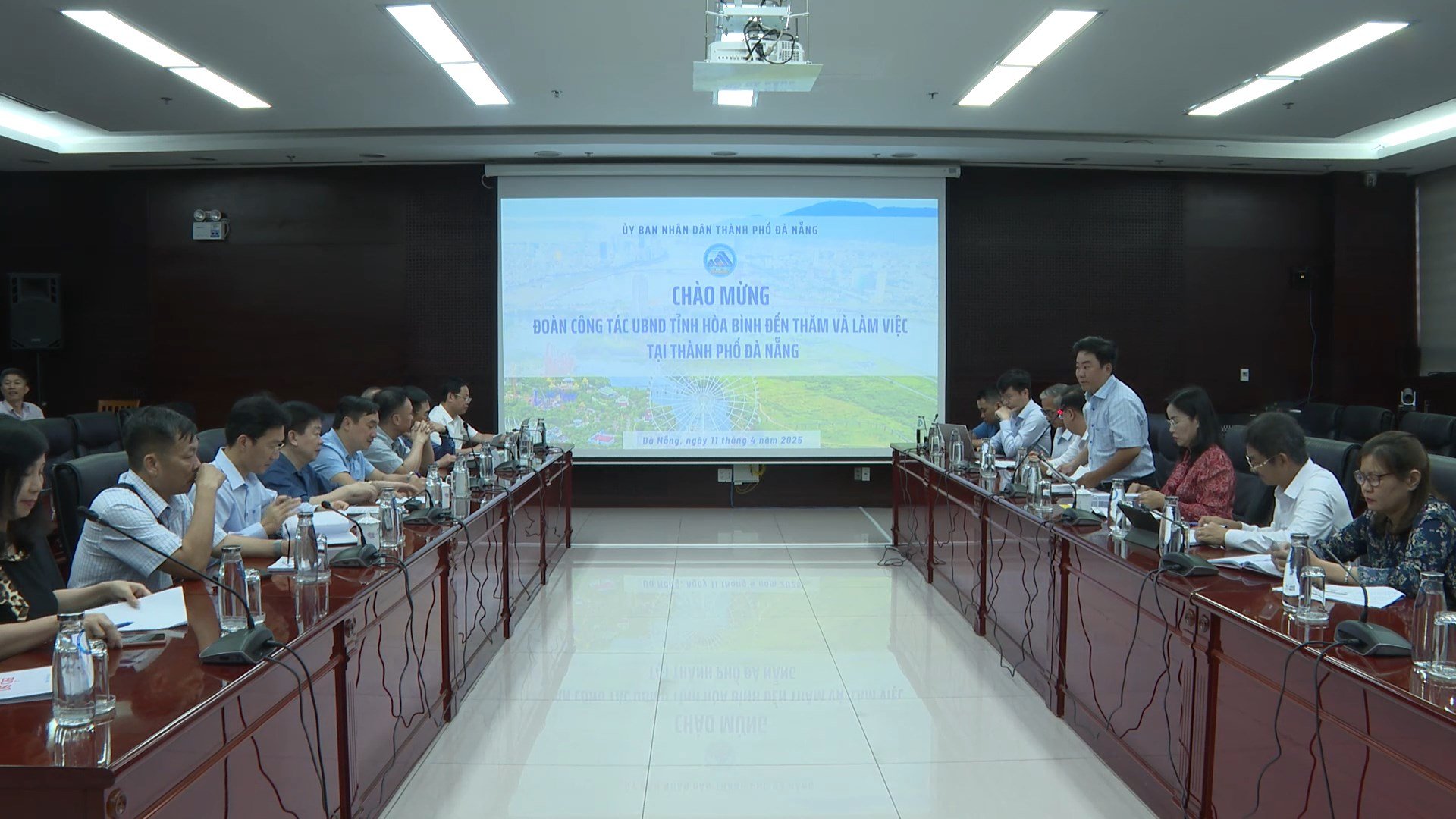

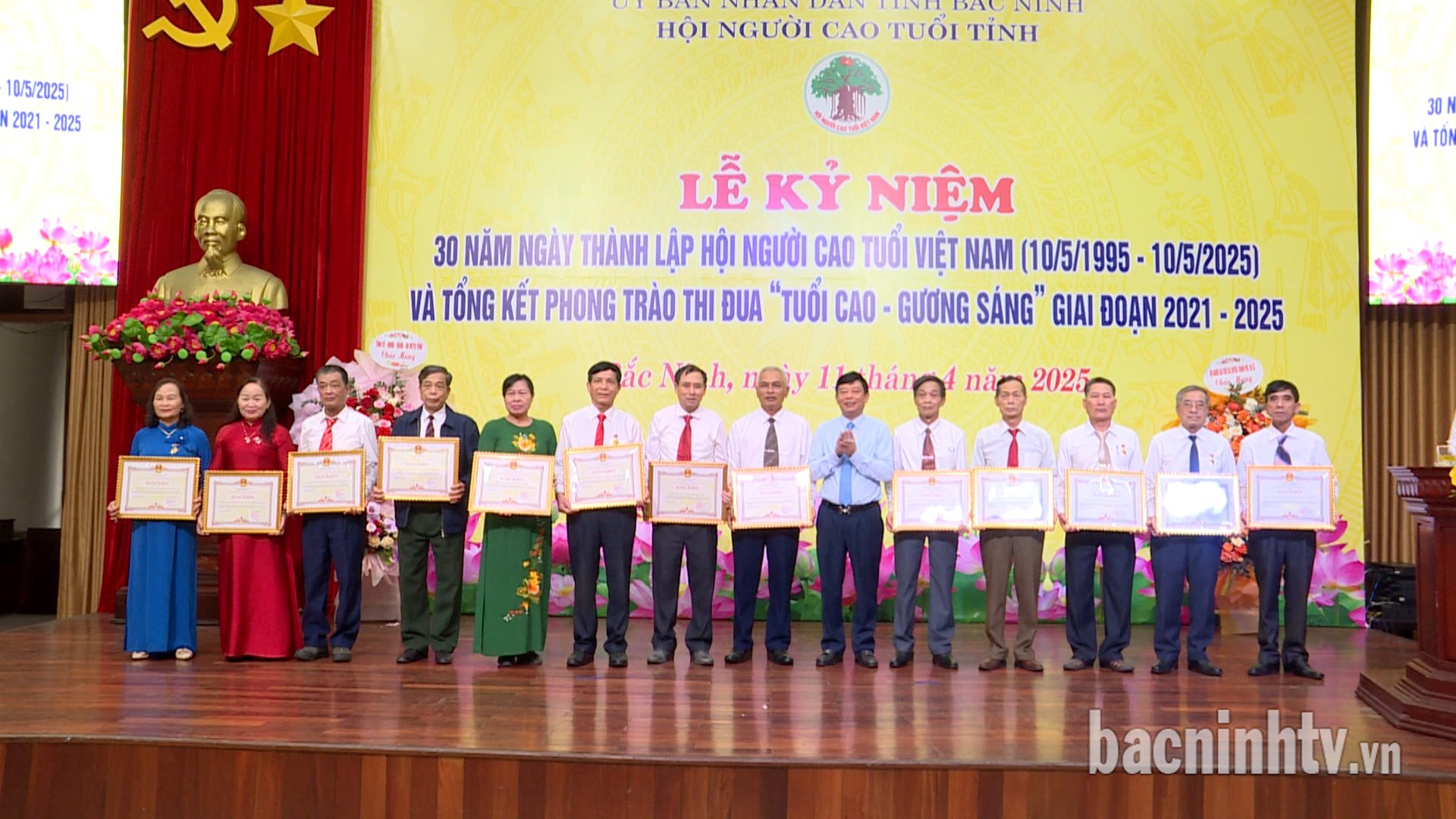




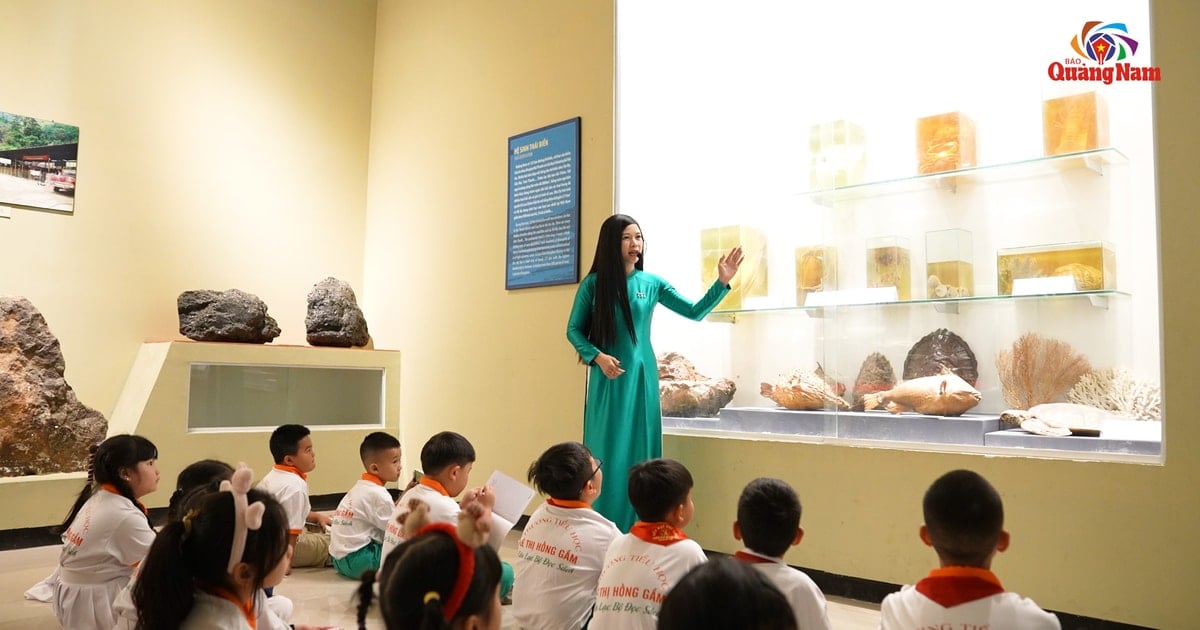
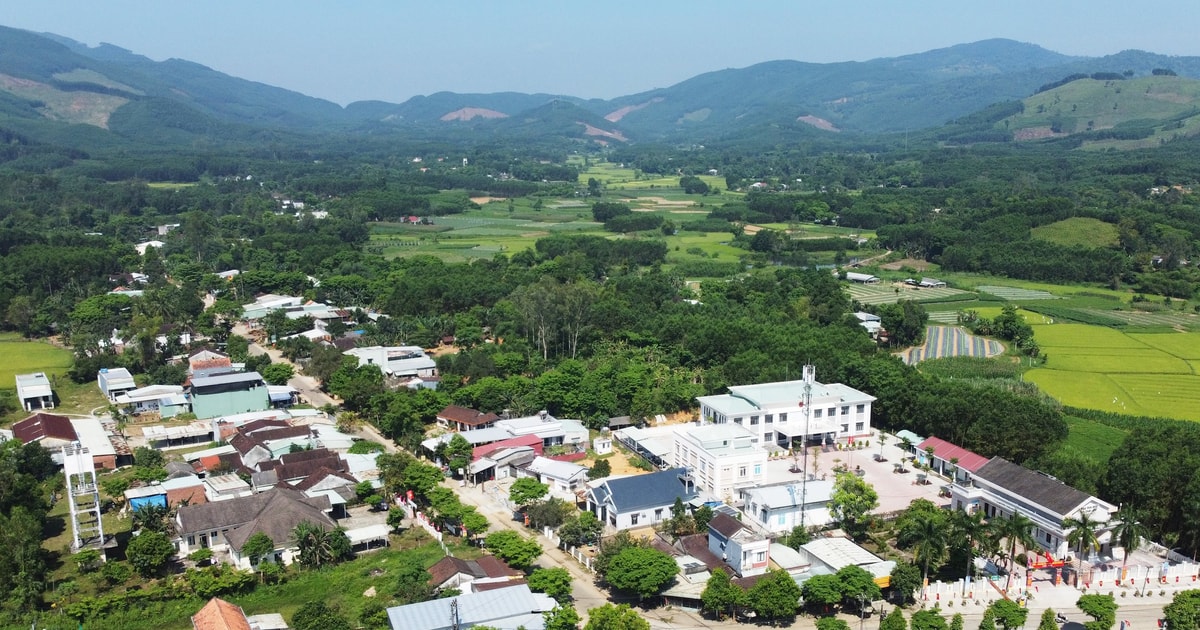


![[Photo] Summary of parade practice in preparation for the April 30th celebration](https://vstatic.vietnam.vn/vietnam/resource/IMAGE/2025/4/11/78cfee0f2cc045b387ff1a4362b5950f)










































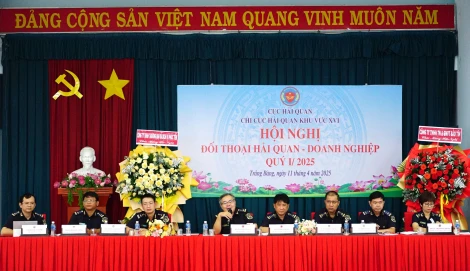




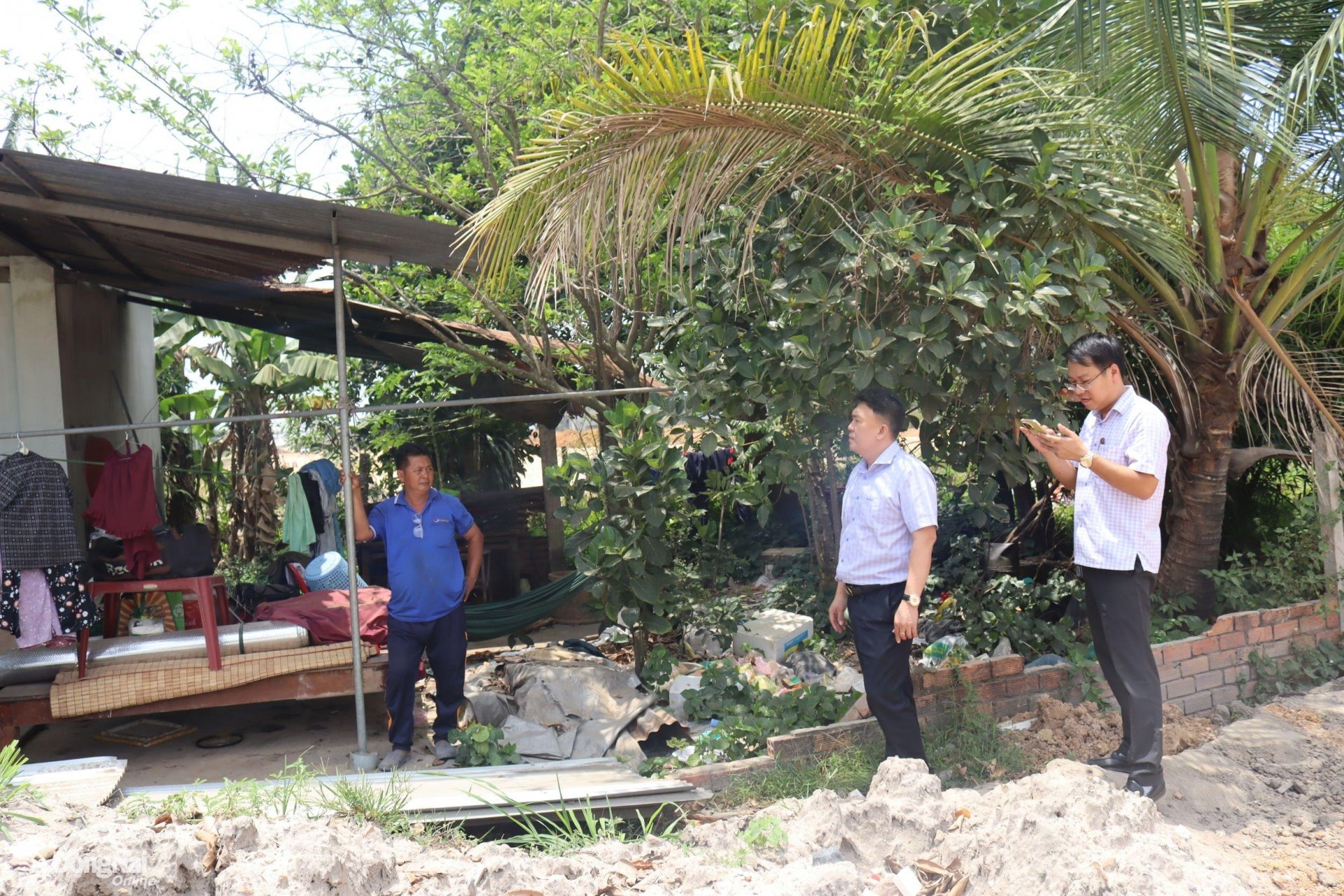

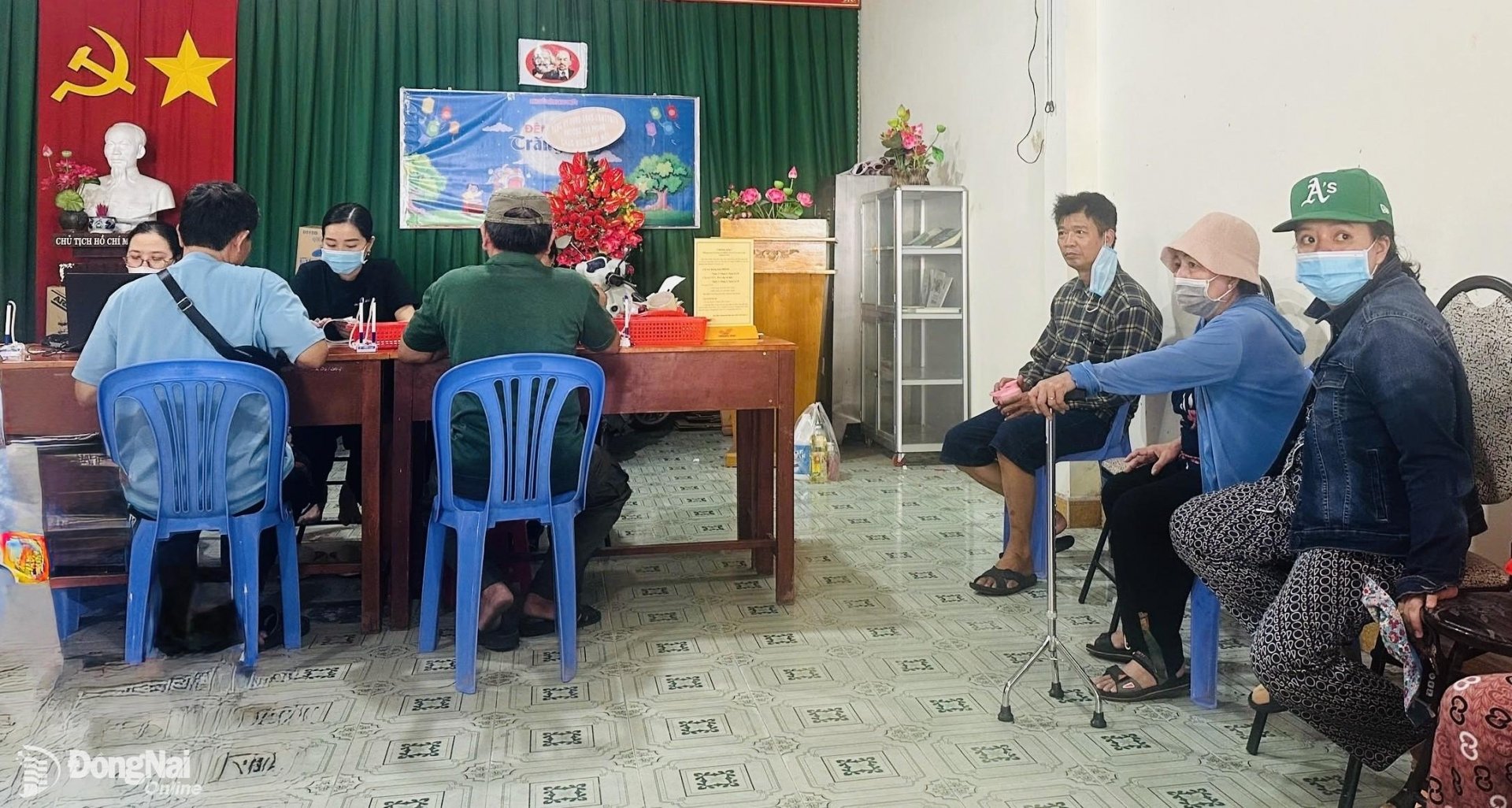











Comment (0)